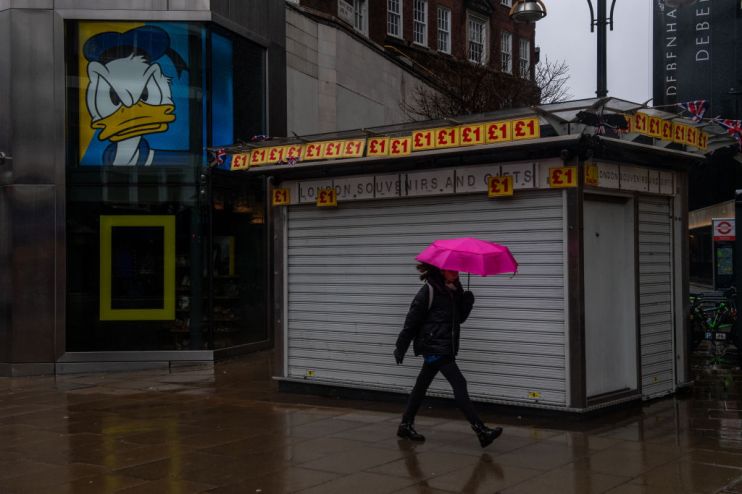London pubs and restaurants face ‘bombshell’ without action on business rates, Khan says

London pubs, restaurants, shops and other hospitality firms have saved more than £3bn due to the business rates holiday, it was revealed today, as pressure mounted on the government to extend the break.
Figures showed that 73,140 retail, leisure and hospitality businesses in the capital had benefited from the business rates holiday during the pandemic so far.
Westminster, Camden, Kensington and Chelsea and the City of London recorded the biggest savings from the business rates holiday, the research showed, due to the concentration of retail, hospitality and leisure firms and the relatively high property rents in those boroughs.
Sadiq Khan, the mayor of London, today called on the government to announce an extension to the business rates support – which is due to expire from 1 April – before the budget next month.
He warned that London firms were facing a “business rates bombshell that very few will be able to afford” or risk further closures and job losses in the struggling sectors.
“Businesses can’t wait until the March budget to hear more from the Chancellor. As they plan for the difficult months ahead, they need the certainty of continuing financial support right now, and that includes an extension to the business rates holiday.
“If ministers act too late again, we’ll see even more venues decide to cut their losses and close permanently.
He added: “Until footfall on our high streets and tourism levels return in the future, ministers need unequivocally to rule out the business rates bombshell planned for April, and announce the decision today.”
Meanwhile property experts called on the government to overhaul the business rates system entirely, saying property valuations “have been growing noticeably faster than the underlying market”.
Miles Gibson, executive director at real estate adviser CBRE and former head of property tax at HM Treasury, said “the whole valuation regime has come adrift from the market evidence that everyone else is using”.
He said: “Along with delayed revaluations, long transitional periods and repeated short-term cash injections, this finding illustrates the unresponsiveness of the system to the very market trends on which it is supposed to be based.”
City A.M. has contacted HM Treasury and the Department for Business, Energy and Industrial Strategy for comment.